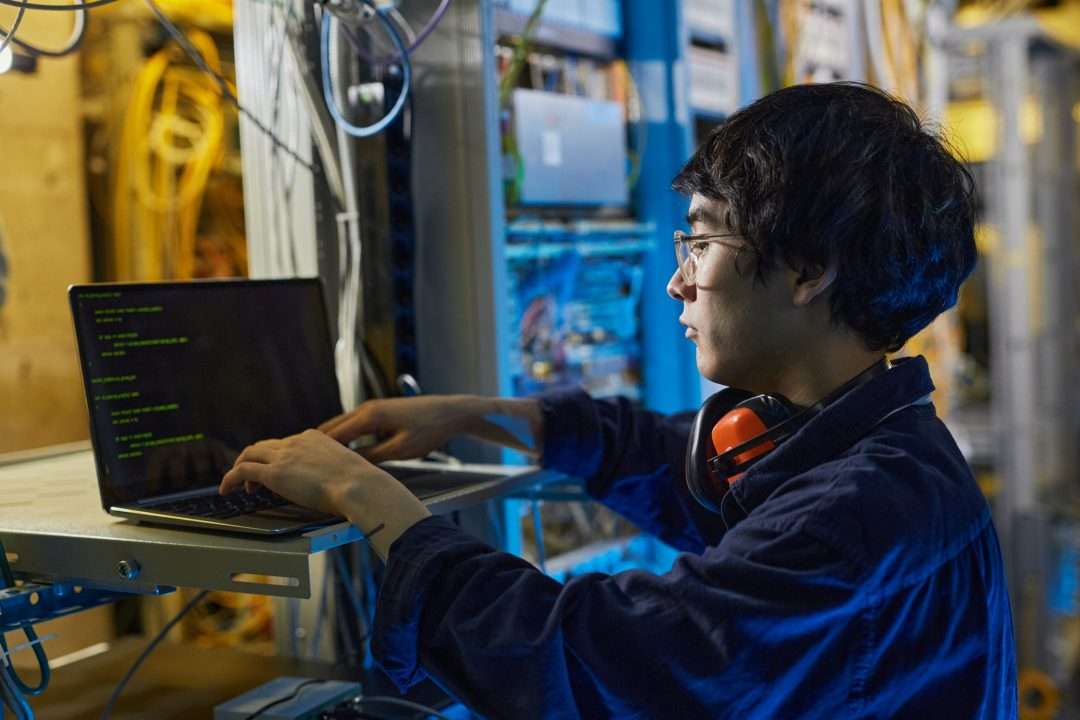Space Technology
- Home
- Space Technology

Navigating the Frontier of Space Technology Education and Research
Introduction
Welcome to Bloomberg’s exploration into the realm of space technology education and research. In this concise overview, we’ll delve into the advantages, disadvantages, and promising future benefits of engaging in this captivating field.
Advantages of Space Technology Education and Research
- Innovation Catalyst: Space technology education fuels innovation by pushing the boundaries of human knowledge and technological capabilities.
- Global Collaboration: Collaborative space research projects bring together scientists, engineers, and institutions from around the world, fostering international cooperation and cultural exchange.
- Economic Growth: Investing in space technology education and research stimulates economic growth by creating high-tech jobs, driving technological advancements, and spawning new industries
- Inspiration and Education: Space exploration inspires the next generation of scientists, engineers, and innovators, igniting their passion for STEM (Science, Technology, Engineering, and Mathematics) fields and promoting lifelong learning.
- Scientific Discoveries: Space research yields invaluable scientific discoveries about the universe, Earth, and the origins of life, expanding our understanding of the cosmos and our place within it.
Disadvantages of Space Technology Education and Research
- High Costs: Space technology education and research require substantial financial investment for equipment, facilities, and missions, which can strain budgets and compete with other societal priorities.
- Technological Challenges: Developing space technologies involves overcoming complex engineering challenges, such as propulsion, life support systems, and radiation protection, which may encounter setbacks and delays.
- Environmental Impact: Space missions can have environmental impacts, including the release of pollutants during launches and the accumulation of space debris in Earth's orbit, posing risks to both terrestrial and space ecosystems.
- Ethical Considerations: Space exploration raises ethical questions about resource utilization, planetary protection, and the equitable distribution of benefits, necessitating careful ethical deliberation and regulation.
Future Benefits of Space Technology Education and Research
Continued investment in space technology education and research will drive technological breakthroughs with applications beyond space exploration, benefiting fields such as medicine, communications, and environmental monitoring.
Advances in space technology may pave the way for human colonization of other celestial bodies, offering opportunities for scientific research, resource extraction, and long-term sustainability
Space research contributes to our ability to detect and mitigate threats from asteroids and comets, enhancing planetary defense and safeguarding Earth from potential impacts.
The commercialization of space travel and the development of space tourism industry hold promise for expanding access to space and stimulating economic growth.
Space exploration captivates the imagination and inspires society, fostering a sense of wonder, curiosity, and unity across borders and generations.
Conclusion
In conclusion, space technology education and research offer immense potential for scientific discovery, technological innovation, and societal advancement. At Bloomberg, we recognize the importance of investing in this frontier of exploration and invite you to join us on this exciting journey towards unlocking the mysteries of the cosmos.
+91 8767 700 800
+91 6361 400 500
info@bloombergintl.com
bloombergintl@gmail.com